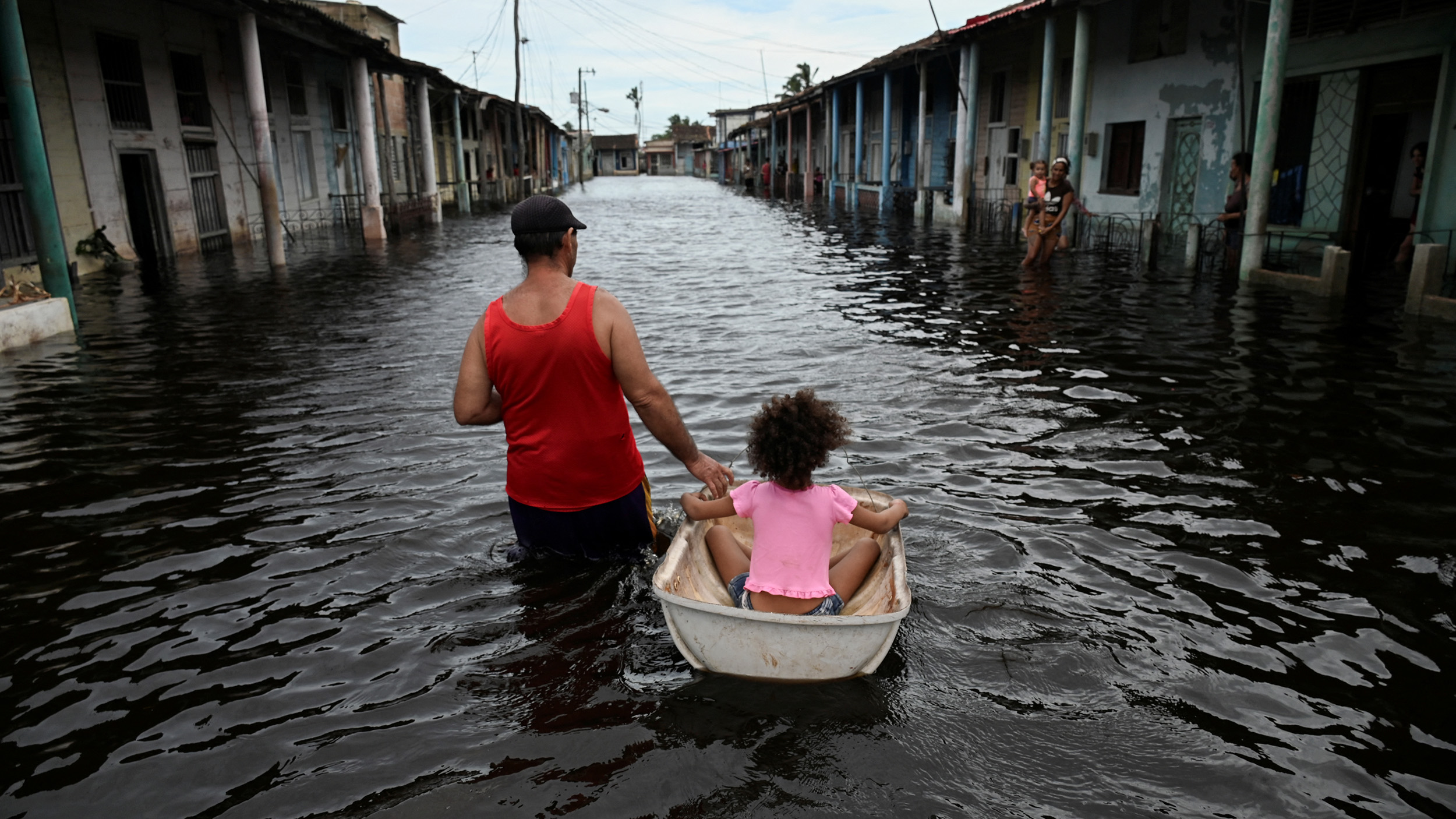Networked Readiness Index
The Networked Readiness Index measures how prepared countries are to tap into the power of ICTs by focusing on the readiness of the environment and stakeholders as well as measuring the usage of stakeholders. You can read parts of the 2006-2007 Global Information Technology Report here.
The top ten nations are:
- Denmark
The bottom ten nations are (position 113-122):
- Cameroon
Take note that the U.S. is seventh while European nations dominate the top ten. Eight out of 10 of the bottom entries actually lost positions and fell in their rankings while six of the top ten entries gained ground and improved their NRI.
The nations that gained 10 or more position are Dominican Republic, Costa Rica, Croatia, Guatemala, Ecuador, and Guyana. The nations that lost 10 or more positions are Cyprus, Pakistan, Jordan, Botswana, South Africa, Egypt, Kazakhstan, Armenia, Uganda, Cameroon, Mozambique, and Zimbabwe.
Since nations in Europe are dominating this list with regard to the NRI, some nations in South America are making great strides upward, and some African nations are falling further behind, what does this mean for educational development?
I give you this background data because I am often asked about the future of ICT4D and the ability of less developed nations to really embrace ICTs. In general the pressing issues for the near future of ICT4D as I see it are:
- Professional development and technology leadership issues in South America (showing the most promise for Web 2.0 advances);




